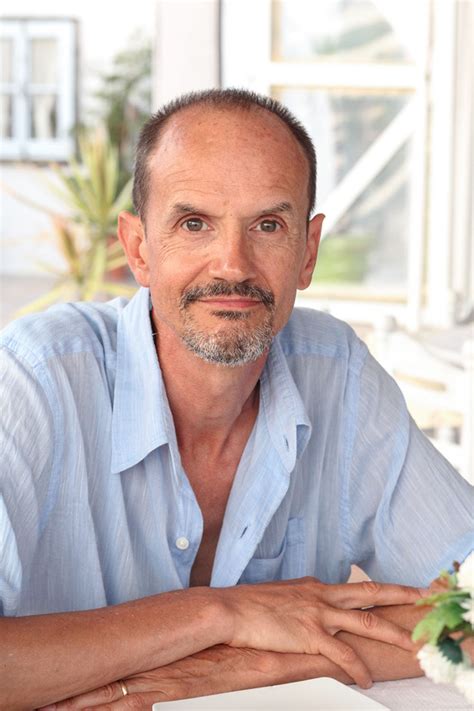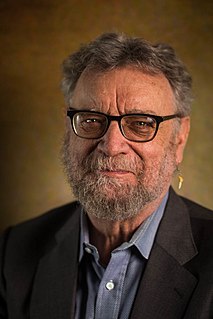A Quote by Dinaw Mengestu
As for most writers, language is vital for me: a writer's ability to render a fictional world - characters, landscape, emotions - into something original that alters or deepens my understanding of both literature and life.
Related Quotes
It feels as though a very disproportionate number of main characters are writers, because that's what the writer knows. Fair enough. But nothing bothers me more in a movie than an actor playing a writer, and you just know he's not a writer. Writers recognize other writers. Ethan Hawke is too hot to be a writer.
A writer can't just be well-educated or good at research; to build a living, breathing world with interesting characters, you have to write from the gut. I'm not saying you have to live your life like a fantasy adventure. The trick is the ability to synthesize your own everyday experiences into your fiction. Infuse your characters with believable emotions and motivations. Infuse your world with rich sensory detail. For that you have to be in touch with your own existence and your own soul, the dark and the light of it.
When you're training as an actor, a lot of the big work you're learning is to treat fictional characters like real people. You don't have the problem of discovering a backstory with real people, but there's always a mystery which is common to both fictional and factual characters. They are never quite the person you think they are.
The 20th century saw far greater catastrophes than September 11th, as bad as it was, and they didn't render literature or art or music irrelevant. In fact, I think that literature and art help us to understand - sometimes they provide narratives and metaphors for understanding history, for understanding recent catastrophes.
Gene Wolfe is the greatest writer in the English language alive today. Let me repeat that: Gene Wolfe is the greatest writer in the English language alive today! I mean it. Shakespeare was a better stylist, Melville was more important to American letters, and Charles Dickens had a defter hand at creating characters. But among living writers, there is nobody who can even approach Gene Wolfe for brilliance of prose, clarity of thought, and depth in meaning







































